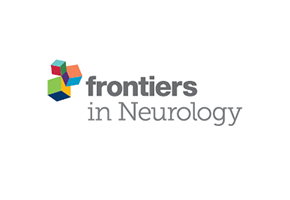
“Multiple sclerosis (MS) is a demyelinating disease of the central nervous system (CNS) that affects an estimated 2.3 million people worldwide. The symptoms of MS are highly varied but frequently include pain, muscle spasticity, fatigue, inflammation, and depression. These symptoms often lead to reduced physical activity, negatively impact functional mobility, and have a detrimental impact on patients’ quality of life.
Although recent years have seen significant advances in disease modifying therapy, none of the current treatments halts or cures MS related symptoms. As a consequence, many people with MS (PwMS) look for alternative and complementary therapies such as cannabis.
The cannabis plant contains many biologically active chemicals, including ~60 cannabinoids. Cannabidiol (CBD) and Δ9-tetrahydrocannabinol (THC) are typically the most concentrated chemical components of cannabis and believed to primarily drive therapeutic benefit.
There is evidence that CBD has a number of beneficial pharmacological effects. It is anti-inflammatory, antioxidative, antiemetic, antipsychotic, and neuroprotective. The review of 132 original studies by Bergamaschi et al. describes the safety profile of CBD by highlighting that catalepsy is not induced and physiological parameters (heart rate, blood pressure, and body temperature) are not altered. Moreover, psychomotor and psychological functions are not negatively affected. High doses of up to 1,500 mg per day and chronic use have been repeatedly shown to be well tolerated by humans.
Additionally, there is also evidence that CBD may reduce the negative psychotropic effects, memory impairment, and appetite stimulation, anxiety and psychotic-like states of THC while enhancing its positive therapeutic actions.
Anecdotal reports indicate that an increasing number of PwMS use cannabis (medical marijuana) as a supplement to improve their mobility.
Based on the following considerations, it is our opinion that CBD supplementation maybe advisable for PwMS to reduce fatigue, pain, spasticity, and ultimately improve mobility. “
https://www.frontiersin.org/articles/10.3389/fneur.2018.00183/full








